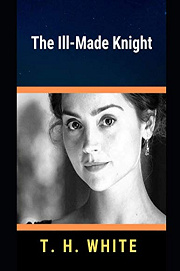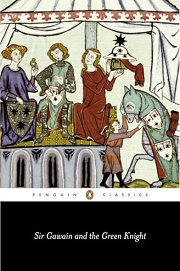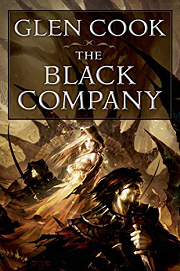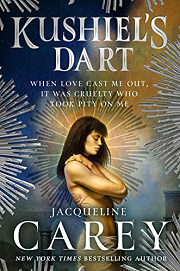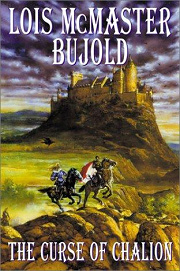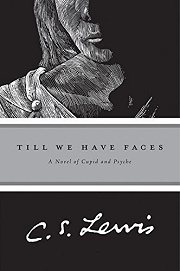Share your thoughts in a quick Shelf Talk!
The Ill-Made Knight by T. H. White
A knight of unmatched prowess and unexpected vulnerability grapples with devotion to his king and a love that could undo a realm. In shining courts and on lonely roads, ideals meet the knotty truth of being human. The Ill-Made Knight brings the Arthurian legend to intimate, unforgettable life.
Have you read this book? Share what you liked (or didn’t), and we’ll use your answers to recommend your next favorite read!
Love The Ill-Made Knight but not sure what to read next?
These picks are popular with readers who enjoyed this book. Complete a quick Shelf Talk to get recommendations made just for you! Warning: possible spoilers for The Ill-Made Knight below.
In The Ill-Made Knight, did you enjoy ...
... a psychologically probing chivalric trial where a knight’s conscience is tested as harshly as his courage?
Sir Gawain and the Green Knight by Anonymous
If what hooked you in T. H. White’s portrait of Lancelot was his relentless self-scrutiny—his self-loathing over being “ill-made,” his conflicted holiness on the Grail quest, and the way his private vows collide with Arthur’s public ideals—then you’ll revel in the intimate moral pressure of Sir Gawain and the Green Knight. Like Lancelot, Gawain faces a test that exposes not just skill but soul; his bargain with the Green Knight forces him to weigh honesty against survival, honor against human frailty, and to live with the scar of his choice, much as Lancelot must live with the mark of his love for Guinevere.
... a warrior’s lethal loyalty pulling him between chivalric duty and moral compromise?
The Black Company by Glen Cook
If you were drawn to Lancelot’s morally tangled loyalty—standing by Arthur’s vision of the Round Table even as his affair with Guinevere and the Orkney clan’s machinations (Gawain, Agravaine, Mordred) drag him into blood and betrayal—you’ll appreciate the Company’s physician-annalist Croaker, who serves dark employers while clinging to a personal code. The book mirrors the way Lancelot rescues Guinevere from the stake at terrible cost: deeds of dazzling prowess that stain the very ideals they aim to protect.
... a high-stakes courtly entanglement where duty, desire, and betrayal shape a kingdom?
Kushiel's Dart by Jacqueline Carey
If the emotional gravity of Lancelot, Guinevere, and Arthur—love that undercuts oaths, secret meetings exposed by Agravaine, and the rescue that sunders the Round Table—was your sweet spot, Kushiel’s Dart gives you a similarly dangerous dance of love and loyalty. Phedre’s bond with her lord Joscelin and her queen tangles politics with passion, echoing how private desire in The Ill-Made Knight reshapes the fate of a realm.
... a battered knight’s hard-won redemption under the weight of crown and gods?
The Curse of Chalion by Lois McMaster Bujold
If Lancelot’s journey gripped you for its grueling growth—his penance after the Grail quest, his faltering holiness beside Galahad’s perfection, and his struggle to be good despite repeated failures—Cazaril’s path will feel kindred. Broken by war and betrayal, he must navigate a princess’s peril and divine burdens, transforming himself through sacrifice much as Lancelot keeps striving to align his flawed heart with Arthur’s better world.
... a probing meditation on love, sin, and righteousness beneath a myth’s surface?
Till We Have Faces by C.S. Lewis
If the heart of The Ill-Made Knight for you was its searching ethics—Arthur’s experiment in might-for-right, the spiritual demands of the Grail, and Lancelot’s anguished theology of love and sin—then Till We Have Faces offers that same moral depth. Orual’s confession reframes a myth to ask whether love can be just, whether devotion can corrupt, and what it costs to see oneself truly—questions that haunt Lancelot from the tiltyard to Guinevere’s chamber.
Unlock your personalized book recommendations! Just take a quick Shelf Talk for The Ill-Made Knight by T. H. White. It’s only a few questions and takes less than a minute.
